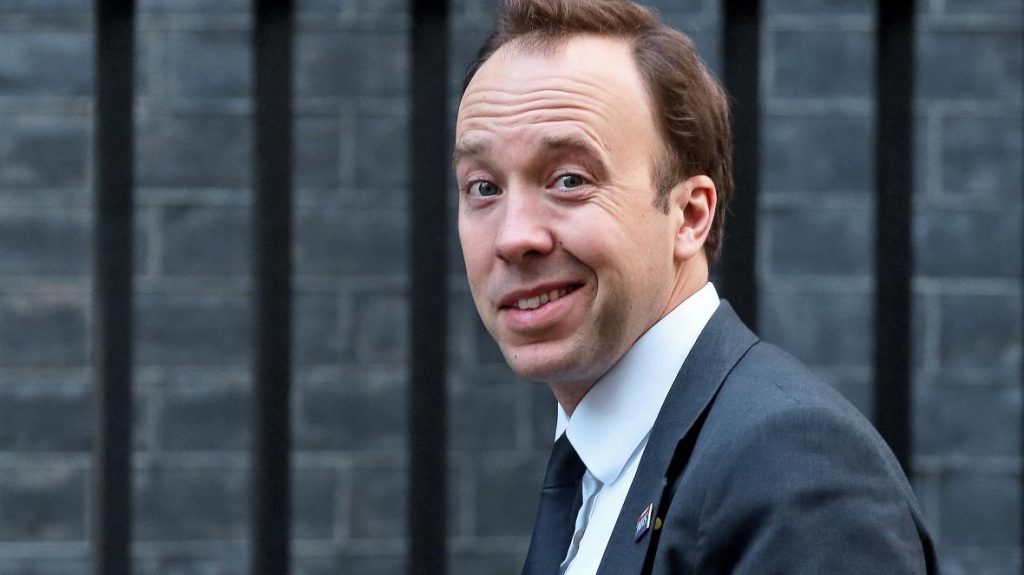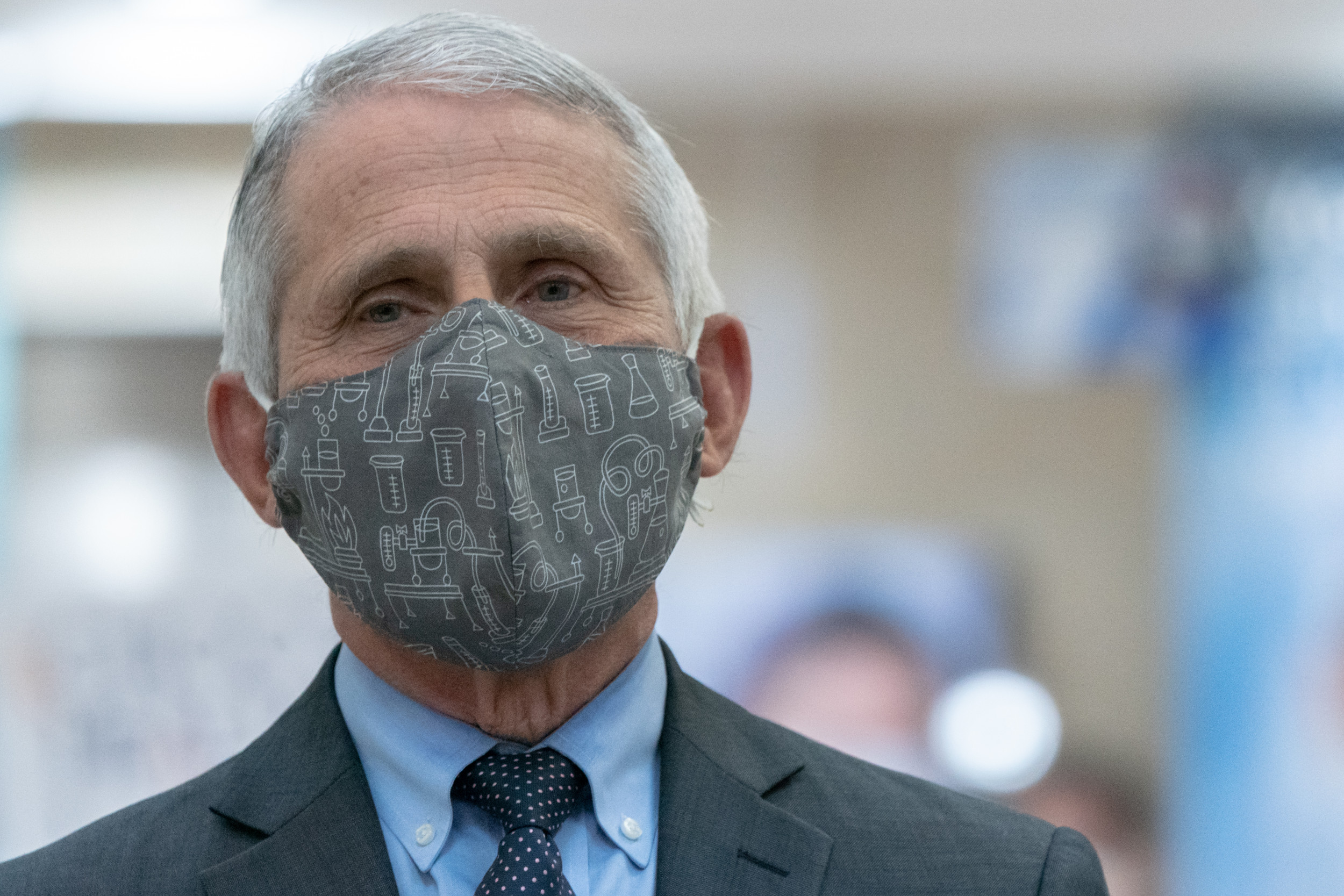by Jonny Peppiatt

This essay aims to highlight and address a single issue, and so, for that purpose, let us assume that the Government’s response to the SARS-CoV-2 virus has not set a precedent of how to deal with pandemics that sees the same response occurring every five to 10 years when new viruses emerge with similar pathogen profiles. Let us assume that our economy bounces back in a drastic way. Let us assume that our personal health data isn’t tracked in a truly unnecessary way. And let us assume everything else that would need to be assumed in order for our old normal to be returned to us unfettered.
Further, let us assume that the roadmap out of this ludicrous insanity can be trusted, that our Prime Minister can be trusted when he says that this is the last lockdown, and that when we get to June 21st, if not before, we really are entirely done with every tangible aspect of this for good.
Even with these SAGE-level assumptions, we are left with one very significant issue that will keep us distinctly separated from the old normal: trust – in all its guises; and that is what I plan to discuss here.
We shall meander down two hypothetical paths in this essay: the first looks at the possibility that there is no public inquiry, or that any public inquiry vindicates the Government’s actions; and the second looks at the possibility that there is a public inquiry and it finds the lockdowns to have been the catastrophic mistake.
Under the first hypothetical, very few of us on the anti-lockdown side of the debate will find it possible to trust the results of the public inquiry, but more than this, very few will find it possible to trust Government in the same way again.
I drove up to Uxbridge from Surrey yesterday, and as I whipped around the M25, where there would normally have been about 50 road signs ordering me to STAY HOME SAVE LIVES, there were only two. My reading of this was not that the messaging had been removed by mistake, or anything else so innocent, but, instead, that this massive reduction was part of yet another Government psy-op, subtly gearing up to prepare people for the removal of the stay-at-home order. This cynicism can only be described as a symptom of the lack of trust I have for this Government.
I was slow to question the lockdown in the beginning because I was slow to question my Government, its competence and its motives, and just like in any relationship, losing trust is much easier than regaining it.
Further, we must consider what this hypothetical situation will mean for the trust between fellow citizens. Many of us on the anti-lockdown side of the debate will have lost friends over this; if we are not vindicated publicly, will it be possible to regain those friendships? If not, what use is it having the pubs back open?
Third, we must consider the fear, or the people’s trust in safety. It has been well documented that the fear levels in the UK have surpassed any other country, and the pressing question therefore, is how quickly will our offices, restaurants, naked faces, pubs and clubs rebound upon the Government announcement that they can indeed return ‘safely’?
There is a strong argument to be made that those who believed the Government up until now, and therefore form the most fearful portion of the population, will believe the Government when told there is no longer any need to be fearful; however, there is also a strong possibility that clubs or stadia will take years to return to sell-out capacity as people continue to perceive fellow healthy humans as little more than vectors for disease.
Under the second hypothetical where the lockdowns are ruled to have been a mistake, these issues remain. But the lack of trust in Government will be much more pervasive – so much so, that trust in democracy itself may be rocked; it will be we who need to forgive our counterparts who were found to be on the wrong side of the fence; and there is a risk that those who were most fearful will struggle to accept the message that there no longer exists a justified reason to be so afraid.
A recent post in Lockdown Sceptics discussed the risk that trust in doctors to have their patients’ best interests at heart will be diminished, but the issues run deeper. What about trust in law and order when it will have been shown that the laws set out by the Government were unfounded and nonsensical? What about trust in the news, or the mainstream media, when they will have been shown to have been somewhere on the spectrum between complicit and negligent? What about trust in freedom of speech, the foundation of democracy, when the risk of censorship, censure, or being cancelled has run so high throughout the past 12 months?
Two significant risks to trust remain irrespective of which hypothetical path we find ourselves on in the future. The first is our trust in ourselves for those who have developed mental health issues during this time. For many, a return to normality will see the eradication of depressive symptoms, heightened cortisol, stress, and anxiety; however, for many others, these issues will persist. A year ago, I was discussing with others how I believed my depression to be healed, and how I expected that I would never again experience a depressive episode. Now, I am unsure I can trust myself to live alone again, and, ironically, I will not be alone in this.
The second significant risk to trust is generational. School closures and the vilification of students, among many other examples, have unforgivably – in the eyes of many – placed the needs of older generations over those of the young. This neglect, quite understandably, is unlikely to be forgotten in a flash.
If we are to truly reclaim our Old Normal, then the reestablishment of trust must lie at the heart of that reclamation, and there is no simple and easy fix.
As we move forward, we must once again put our children first, we must strive to forgive and support our fellow citizen, we must fight for our freedom of speech, encouraging alternative viewpoints and debate, and we must push for greater engagement in politics that brings about true transparency and a return of true democracy where those who govern do so on behalf of, and within the interests of the governed. Only with each of these efforts can normality truly return.













Donate
We depend on your donations to keep this site going. Please give what you can.
Donate TodayComment on this Article
You’ll need to set up an account to comment if you don’t already have one. We ask for a minimum donation of £5 if you'd like to make a comment or post in our Forums.
Sign UpA Doctor’s Account of the Effect of Lockdown on Women’s Mental Health
Next PostFinland: The Covid Success Story No-One is Talking About